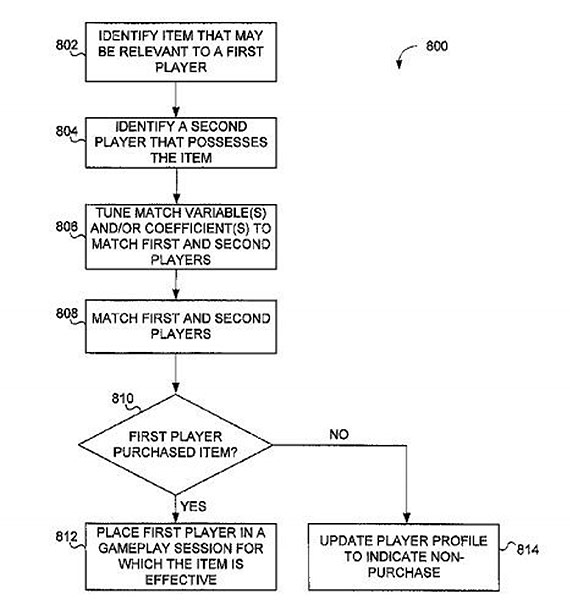Leyrann
Deity
I would be okay if they had silly stuff like paying money to get your unit healed to full health. It's cheating in a way, but some people would pay for that. I never would. But I'd be okay with them making revenue off of stupid people. Isn't this how most mobile games are? I don't play mobile games, so I can't say for sure. I think a lot of games are moving to a system where you pay money to be overpowered. For me, it's easy to resist that kind of temptation.
The problem is that, typically, these games also require you to do a lot of waiting if you're not willing to pay. Most mobile games, for example, have real-time building durations of stuff, like "wait 6 hours until this building is finished or pay $.99" (except through an ingame currency bought with real money). Typically, a free to play game where you can speed stuff up with money isn't fun to play if you're not paying.




